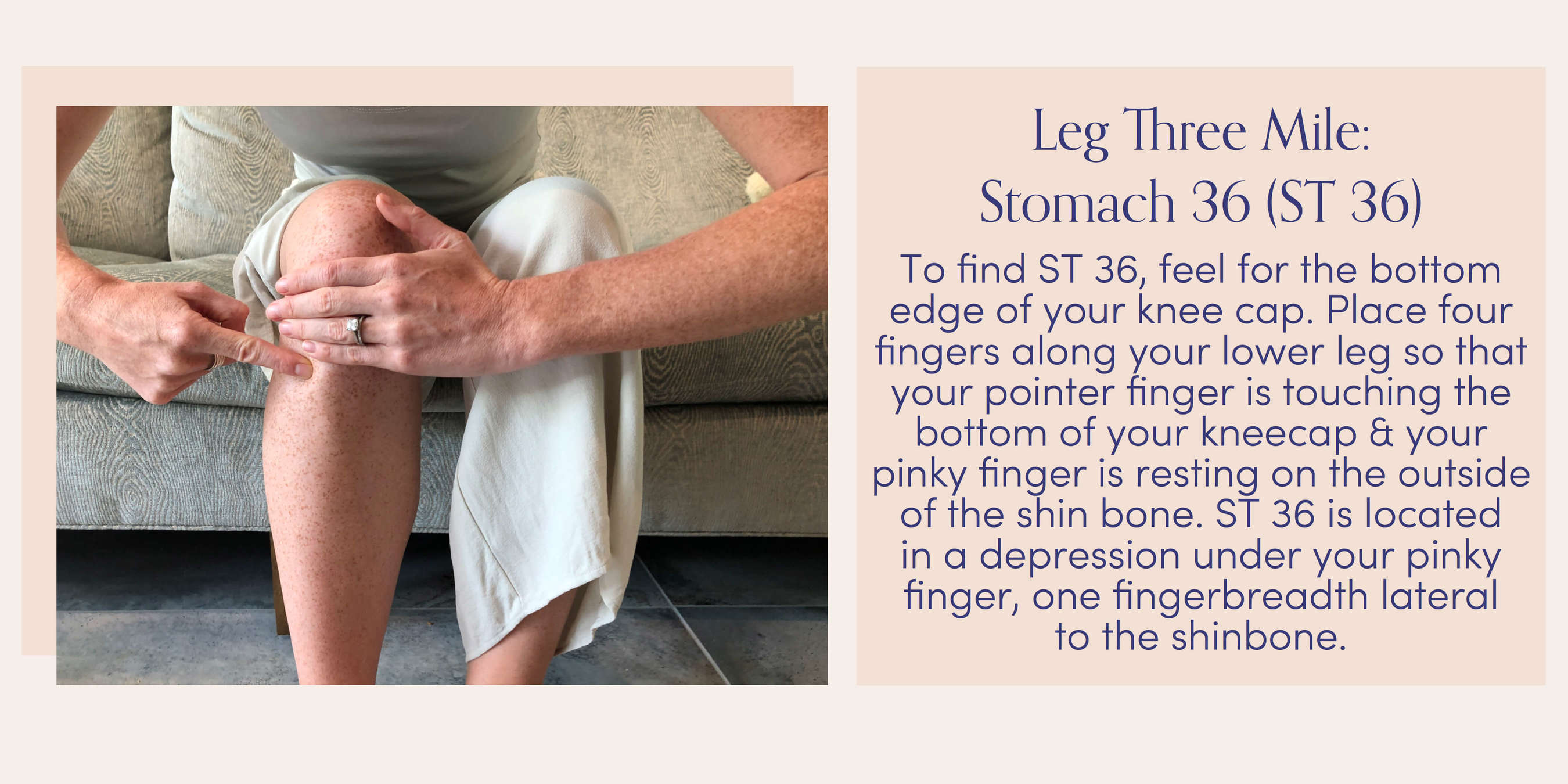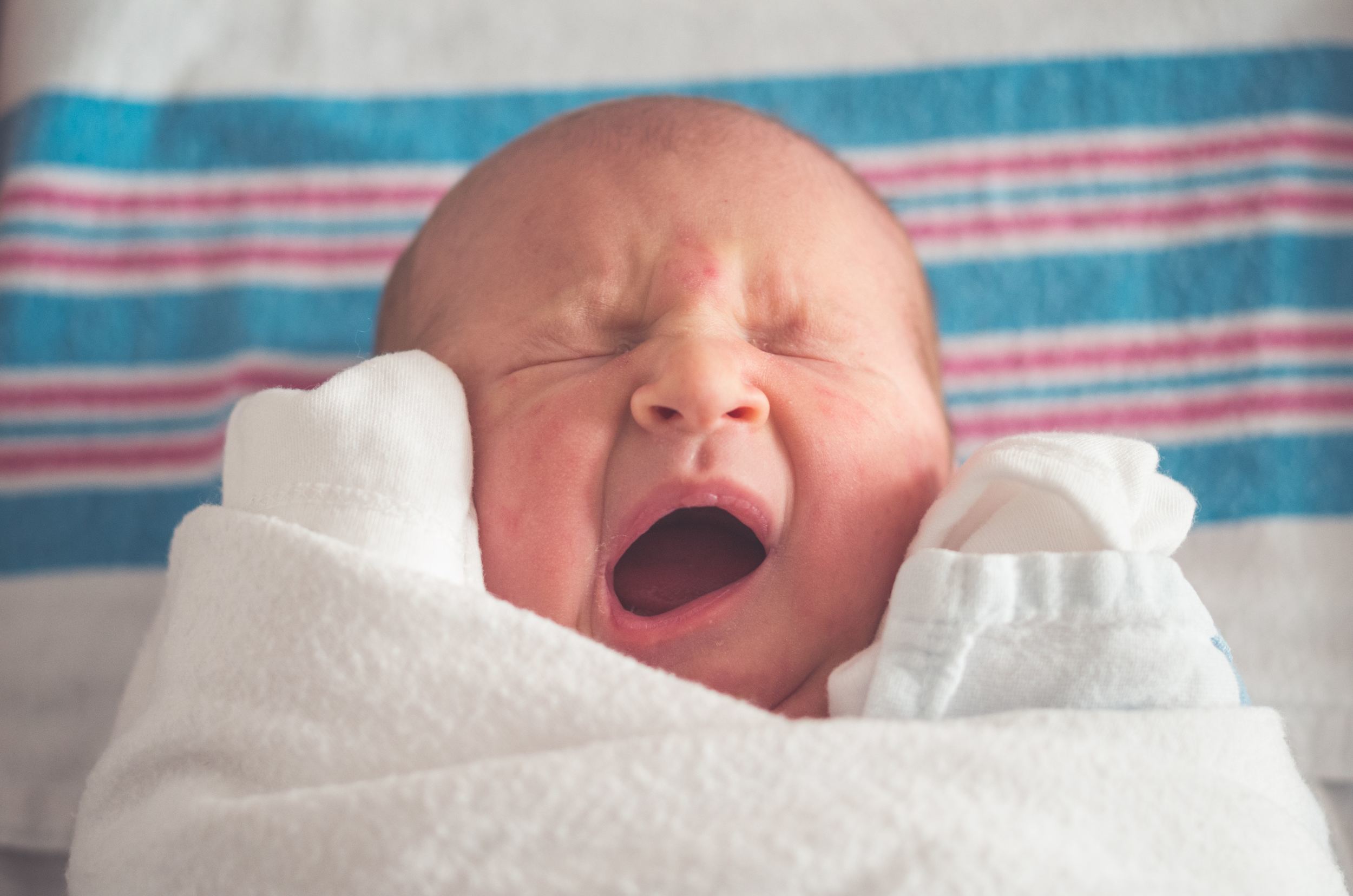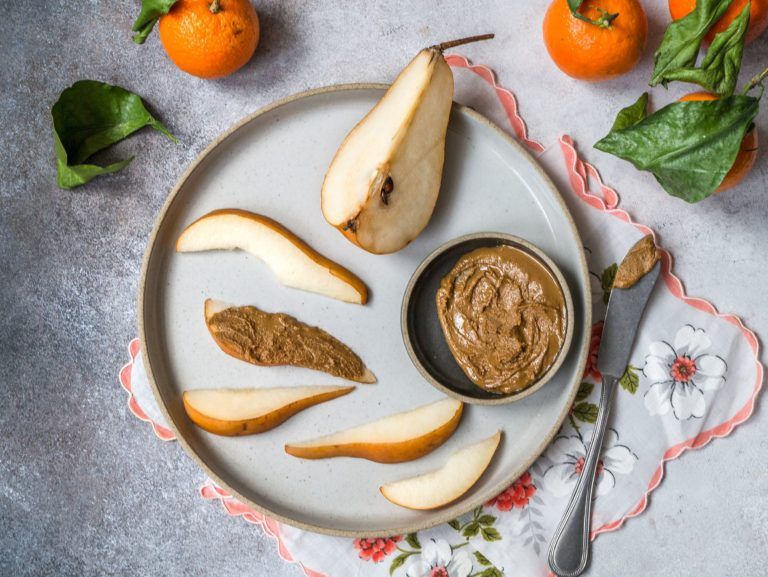In traditional Chinese medicine, the Middle Jiao is the area generally below the heart to the pubic bone. All Middle Jiao issues revolve around the transformation and transportation of food and fluids. We can include the Stomach, the Intestines, the Spleen, the Liver, the Bladder, and the Uterus in the Middle Jiao.
When we think about Constipation we mainly look at the Spleen, Stomach (and sometimes Liver) as the main organs that mostly affect how food is transformed into energy and excreted. Unlike Western Medicine (which typically views the Spleen for immunity) the Spleen plays a vital role in processing food. The Stomach is considered the Hearth of the body and has the name the “Hundred Degree Soup”. The Spleen functions better with regularly spaced meals, cooked foods, and easily digested foods. The Spleen needs to be able to turn the food into rapid energy and then send the waste to the colon for excretion.
Constipation should be considered when a baby or child is moving their bowels less frequently than normal, or the stools are small and hard. There can be pain and fear about going to the toilet.
There are many possible causes of constipation:
- Diet or frequency of feeding
- External Stress or internal stress
- Lowered Immunity
- Difficult Birth
Irregular feedings
I notice that most kids over 18 months old graze a lot throughout the day. Often snacks keep them happy temporarily but can affect the amount of “proper” food eaten at a meal.
Eating an abundance of cold, raw foods
Cold raw food (including an excess of raw vegetables, fruits, ice cream, cold drinks) can affect the digestive powers of the Middle Jiao.
Dietary Suggestions
- Probiotics: Klaire Labs and Jarro make great powdered probiotics that can be seamlessly added to just about any food.
- More cooked, easily digestible foods like grains, millet, quinoa, rice, sweet potato, root vegetables.
- A great type of grain is congee. Congee is a type of rice porridge that is popular in many Asian cultures. Congee is easily digested which makes it a popular dish when one is sick or constipated. Grains are generally cooked in a 6-1 (water to grain) dilution until the grain disintegrates. You can add a bit of meat or scallion and soy sauce for a savory congee or honey or maple syrup for a sweet congee. Traditionally rice is the most commonly used grain or you can try millet or quinoa.
- Also, allowing fewer sugary foods and drinks will help too.
External and Internal Stress
New environments can create an interruption in bowel movements such as travel and/ or school. Traditional Chinese Medicine typically breaks down symptoms into clusters to strategize the best treatment. Constipation generally falls into two specific categories: Excess and Deficiency. I will explain both of these, the symptoms, and possible treatments below.
Excess Type Constipation / Accumulation
Symptoms:
- Swollen abdomen
- Stools can be very hard and smelly
- Stools can fluctuate hard and loose
- Often the cheeks are red or flushed
- Strong Child
- When they yell you are forced to take notice
- Green or yellow nasal discharge
- Irritable
For the child who has Accumulation Issues we use acupuncture, Shonishin massage and dietary therapy to help relieve constipation. This pattern is typically revolved around clearing heat and stimulating the colon to move. The colon is essentially bogged down and needs a bit of help passing the accumulated food through. Children typically respond very quickly. Do not be alarmed if the bowels move very suddenly! Acupuncture needles are generally not retained for children under the age if seven years old. Typically a pin is placed and removed quickly before the child even sees it. Shonishin pediatric massage is utilized to stimulate the Stomach, Gallbladder and San Jiao meridian. Often the acupuncturist will leave press tacks in points that are particularly effective.
There are also some things that you can do at home in order to help your child. For example, gently massage the abdomen in a circular fashion over the umbilicus.
You can also massage Stomach 36 with a tapping motion:

Deficient Constitution / Weakened Spleen and Stomach Qi:
These children often do not have the energy or Qi to properly move their bowels.
- Prone to more frequent illnesses
- Weak or floppy looking
- Possibly a challenging childbirth
- Bowel movement infrequent, possibly hard
- Not particularly odorous bowel movement
Children with a weaker Constitution are treated similarly but the emphasis is less on draining excess food but warming and strengthening the middle to process food more effectively. We often utilize moxibustion to tonify the digestive strength. Similarly, pins are not retained for children under the age of seven.
Another great way to help with constipation is to use Epsom Salts. Just a few times a day place your child in a warm bath with enough water to cover most of the abdomen. This often works to loosen things up. It tends to relax the body, which is particularly useful for kids who hold stool in. Some kids will allow you to gently massage their belly while they soak in the bath. Adding about 1/2 cup of Epsom salts, which contains magnesium and sulfates that are absorbed through the skin, can also help ease constipation.






